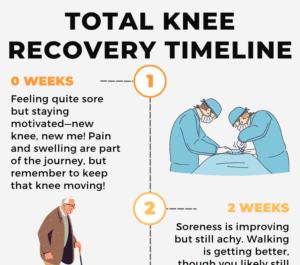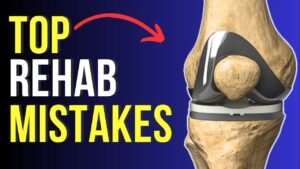When arthritis symptoms start to impact your daily life, surgery might come up as an option. But if your arthritis isn’t severe enough to justify a total knee replacement, you may be offered other surgical procedures. It’s important to know that not all surgeries are helpful for arthritis—some can even do more harm than good. Here’s what you need to understand about two common procedures often recommended but generally best avoided for arthritis patients: meniscectomy and arthroscopic debridement.
Meniscectomy: What It Is and Why You Should Think Twice
What Is Meniscectomy?
Meniscectomy is a surgery that removes part or all of the meniscus—the cartilage in your knee that cushions and stabilizes the joint.
Why Avoid It for Arthritis?
If you have arthritis, especially degenerative arthritis, removing the meniscus can actually speed up the breakdown of your joint. The meniscus helps absorb the load between bones, so without it, more stress falls on the cartilage, accelerating wear and tear. Studies show that meniscectomy often leads to worse long-term outcomes in arthritic knees.
When Might It Be Considered?
This surgery can sometimes be appropriate if you have an acute meniscal tear causing significant symptoms like locking or catching, especially if you don’t have arthritis or only very mild arthritis. But for most arthritis patients, conservative treatment is preferred.
Arthroscopic Debridement: A Clean Out Procedure That Often Falls Short
What Is Arthroscopic Debridement?
This involves “cleaning out” the knee joint by removing loose cartilage, debris, or inflamed tissue via a small camera-guided procedure.
Why Is It Not Recommended for Arthritis?
Multiple high-quality studies and guidelines from organizations like the American Academy of Orthopaedic Surgeons have found that arthroscopic debridement doesn’t improve arthritis symptoms more than placebo or conservative care. In some cases, it may even speed up joint degeneration by disturbing the joint environment.
Are There Exceptions?
Arthroscopic surgery might still be helpful if you have mechanical symptoms caused by loose bodies or significant meniscal tears without arthritis. But for most arthritis patients, it’s not a beneficial approach.
The Power of Non-Surgical Options
Before considering any surgery, it’s vital to give conservative treatments a solid try. Research consistently supports these approaches for arthritis management:
-
Physical Therapy: Tailored exercises strengthen muscles around your knee, improve flexibility, and enhance joint stability—sometimes delaying or preventing surgery altogether.
-
Weight Management: Losing even a small amount of weight can dramatically reduce joint stress. For example, shedding 10 pounds can reduce knee joint load by about 40 pounds!
-
Medications: NSAIDs, acetaminophen, and topical pain relievers can help manage pain and inflammation safely under medical guidance.
-
Injections: Cortisone or hyaluronic acid injections may provide temporary relief and improve function.
-
Lifestyle Changes: Quitting smoking, eating an anti-inflammatory diet, staying hydrated, and using assistive devices like braces or shoe inserts all help support joint health.
Surgery: When and What to Consider
Surgery should never be the first step—it’s a big decision with risks and recovery time. But when arthritis severely limits your quality of life and conservative treatments aren’t enough, it may be necessary.
-
Partial Knee Replacement: For some patients, replacing only the damaged part of the knee is an option with faster recovery.
-
Total Knee Replacement: Typically reserved for severe arthritis affecting the whole joint.
Before deciding on surgery, talk openly with your healthcare provider about your symptoms, goals, and the risks and benefits of all options.
Therapeutic Edge
Before you rush into surgery, it’s important to give non-surgical options like physical therapy, exercise, weight management, and medications a real shot. Surgery is a big step—it comes with its own set of risks and doesn’t always offer a perfect fix. Think of it as your last option, not the first. If you’re leaning towards surgery, make sure it’s the absolute right move for you.









